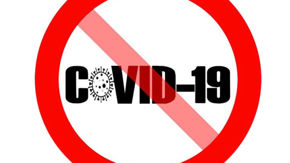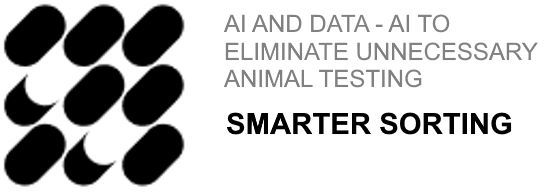3 mins read//
Since some of our everyday products like cosmetics or pharmaceuticals are toxic to aquatic animals, when they get washed into the water system, they can pose a serious threat to wildlife. Those toxins can poison fish and even harm an entire food web, ultimately leading to the collapse of an ecosystem. To prevent catastrophe on a wide scale, companies need to test whether their products are toxic—and in some cases, doing so requires testing them on animals, often by putting a certain amount of product into a tank of fish and waiting to see how many of them die.
Companies have conducted these tests for decades, producing immense data on the toxic limit—or LC50 value, the lethal concentration it takes to kill 50% of the animals being tested—of all sorts of chemicals and ingredients. The EPA has guidelines on how much of a chemical can be present in water before it’s likely to harm plant and animal life, and states have their own requirements, regulations, and procedures for testing aquatic toxicity and classifying waste.
With data from prior toxicity tests, intelligence company Smarter Sorting has been able to conduct its own accurate toxicity tests without actually killing any animals. Instead of dumping chemicals into tanks, it uses AI and machine learning to compute all the necessary calculations on the toxicity of products companies are developing. Its AI to eliminate unnecessary animal testing is the winner of the AI and data category of Fast Company’s 2022 World Changing Ideas Awards.
“Most ingredients used in consumer products have toxicity data that goes back decades,” says AJ Kenny, a regulatory expert with the company. “So we have all this great data that exists at the ingredient level, so you would plug these into formulas based on estimates of, okay, this ingredient makes up 10% of the overall product.” Looking at past animal testing data from state websites (California’s Department of Toxic Substances Control has published such test results for hundreds of consumer products, for example), Smarter Sorting’s computing can find the median LC50 level for a certain ingredient. Then, it plugs in information on the weight of each ingredient in a product, and what fish were used in those previous tests—some fish are more sensitive than others, and some tests use different species—for a calculation that mimics those animal toxicity tests.
Smarter Sorting didn’t intend to replace animal testing with computational mathematics; the company initially focused on minimizing consumer waste overall by using data and machine learning to help companies verify what’s in their products, manage their waste, make better decisions in their value chains, and help retailers deal with waste disposal.
But in 2021, Smarter Sorting’s Product Intelligence Platform, which includes information to help consumer products manufacturers make, market, and dispose of products better, was adopted by 1,223 brands and 24 major retailers, including Costco, Wegmans, and Albertsons. That information helps those retailers deal with waste, which can become toxic depending on how it’s disposed—like something that needs to be tossed in a medical container rather than a landfill. If a shopper returns something to a Costco in Washington, for example, Smarter Sorting’s calculations help that retailer know how to handle that waste based on state regulations.
The animal testing replacement wasn’t a main goal of the company, but Smarter Sorting sees a lot of potential in it. “When we got to looking into how [we] help companies determine if their products are regulated for things like waste in California, we realized we could use a computational model to do that, which is not only faster, more cost effective, but also more humane,” says CEO Jacqueline Claudia. Smarter Sorting is introducing a bill to the California House to accept computational toxicology over animal testing; other states like Washington and Minnesota already accept computation toxicology as a way to test products. Animal testing, Claudia says, “is a terrible thing for us to be doing to animals when it’s not necessary, when there are computational ways to go about that.”











